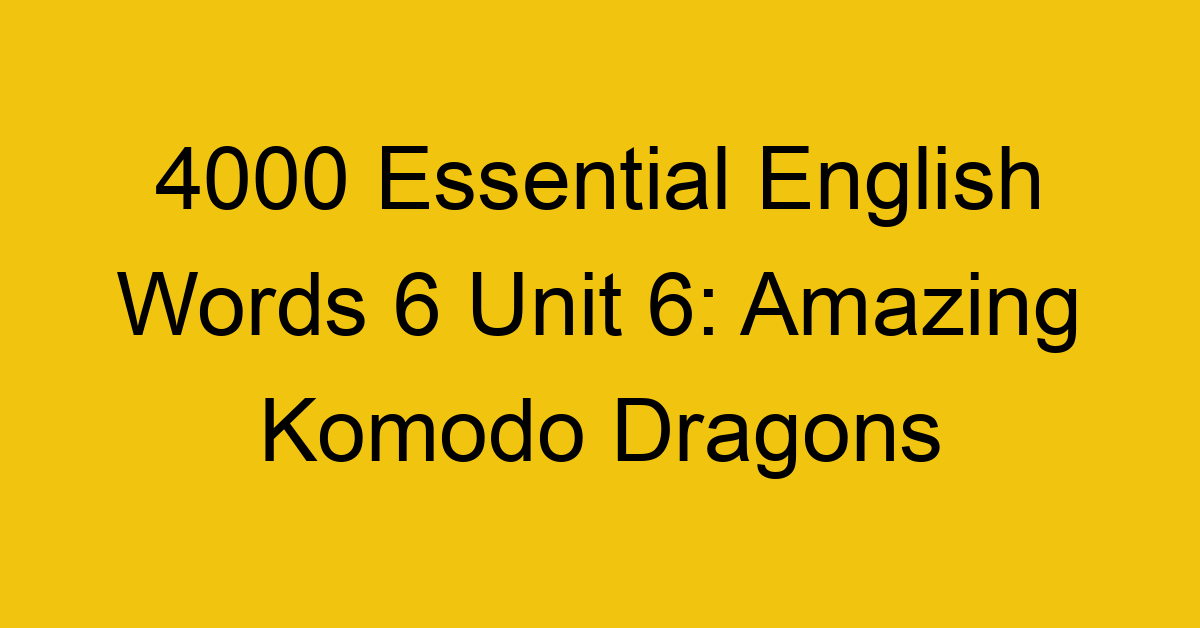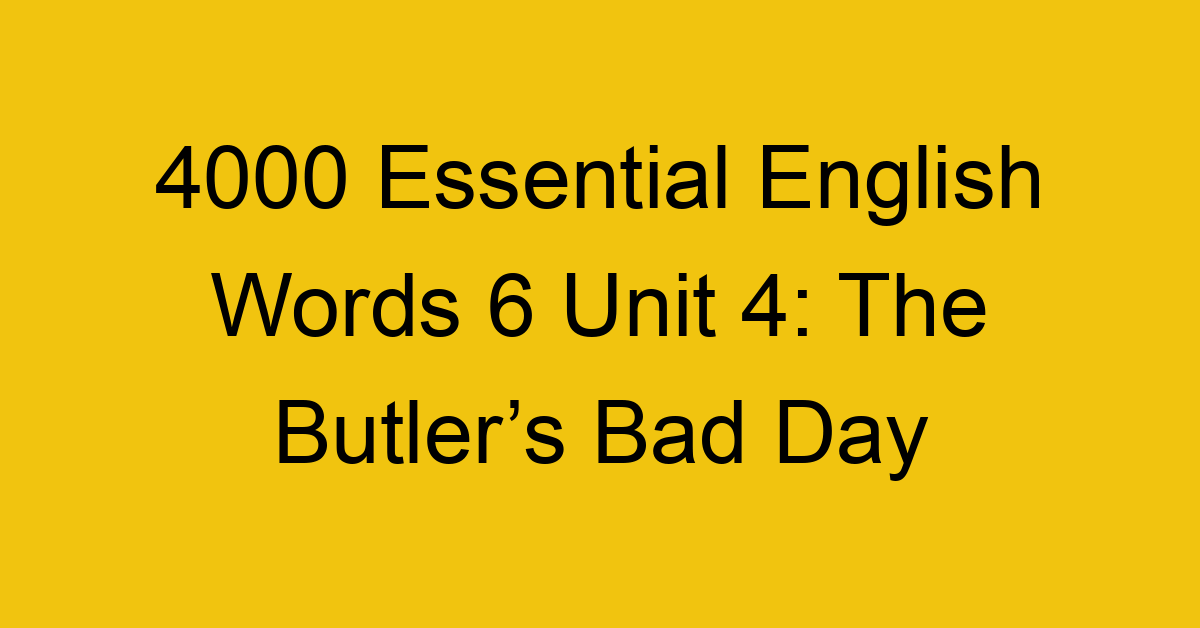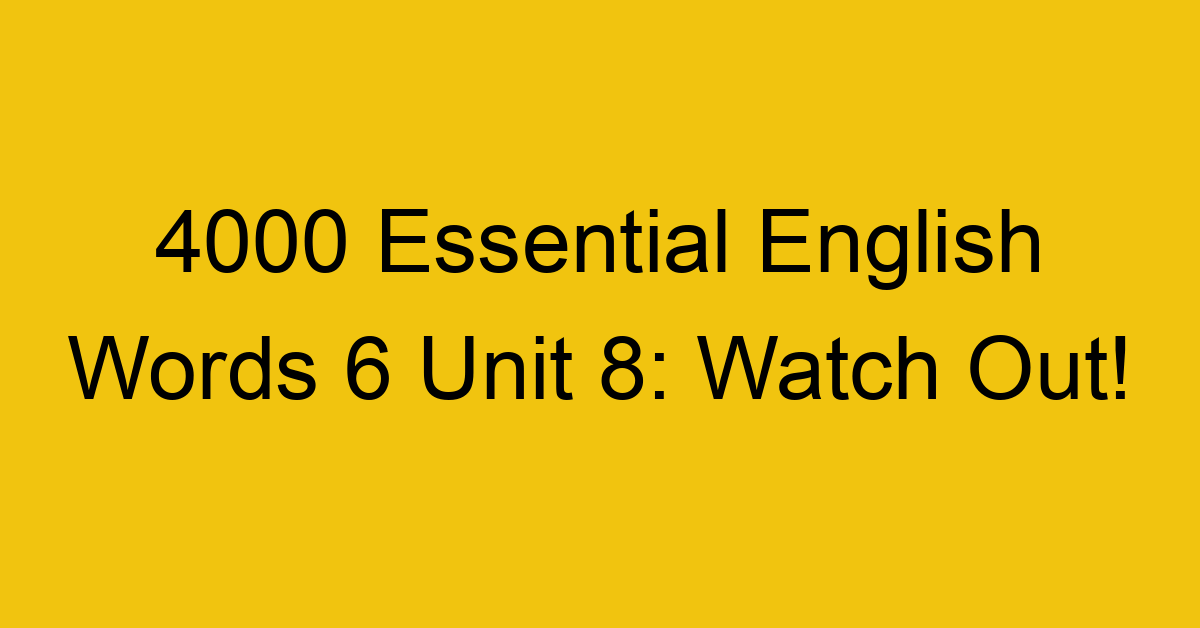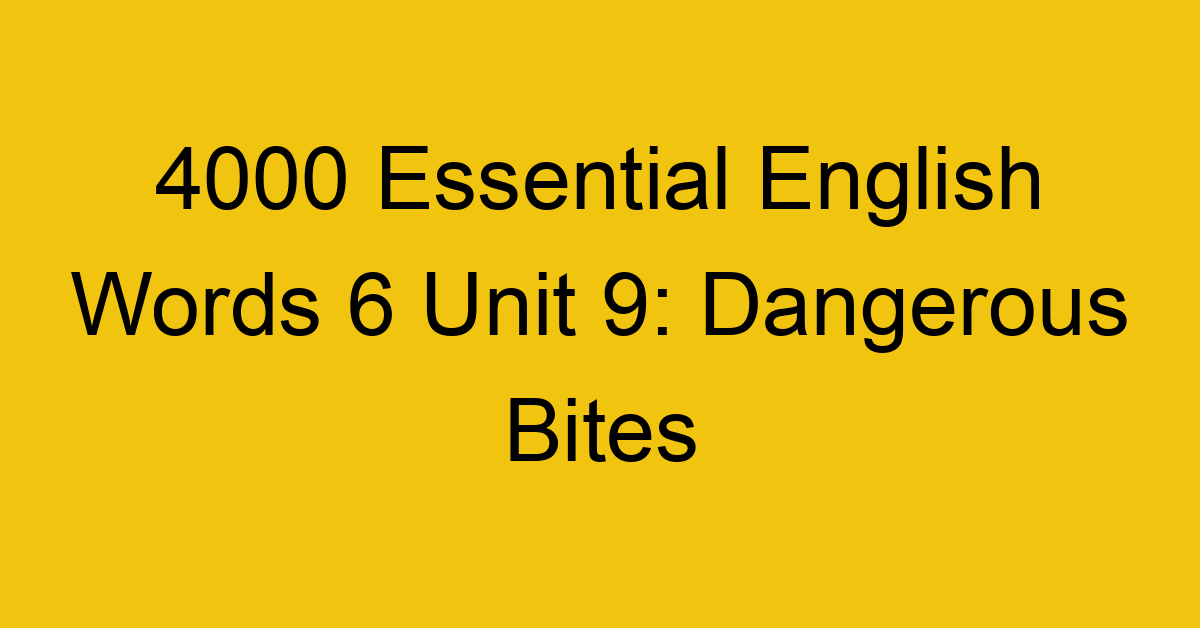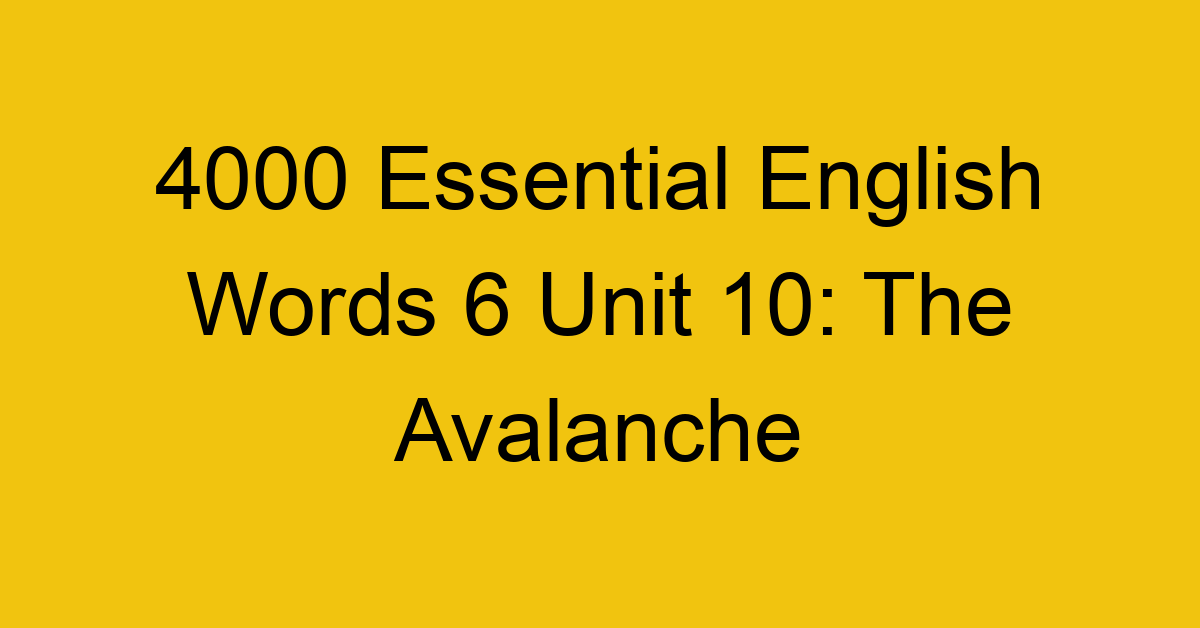4000 Essential English Words 6 Unit 7: Greek Magical Papyri
Word List
- altar [ˈɔ:ltər] n.
An altar is a table used in churches.
→ The altar had many lit candles on it.
- arthritis [ɑːrˈθraitis] n.
Arthritis is an illness causing pain and swelling in a person’s joints.
→ Agatha couldn’t play the piano anymore because of her arthritis.
- botany [ˈbɒtəni] n.
Botany is the study of plants.
→ Gardens are the best places for botany.
- credible [ˈkredəbəl] adj.
If something or someone is credible, they can be believed or trusted.
→ Dick gave a credible reason for being late and didn’t get in any trouble.
- deceased [diˈsiːst] adj.
If someone is deceased, they are dead.
→ We visited the graves of our deceased grandparents.
- deception [diˈsepʃən] n.
Deception is the act of lying or tricking someone.
→ The magic looked very real, but it was only deception.
- decipher [diˈsaifər] v.
To decipher writing is to figure out what it says.
→ My teacher complained that she couldn’t decipher my essay.
- dung [dʌŋ] n.
Dung is solid waste material produced by animals.
→ There was cow dung all over the field.
- dusk [dʌsk] n.
Dusk is the time in the evening when it begins to get dark.
→ After dusk, Hannah would catch fireflies in the park.
- gratify [ˈgrætəfai] v.
To gratify someone means to please them.
→ Bonnie was gratified after receiving her gift from her parents.
- hone [houn] v.
To hone something is to improve it and make it very good.
→ Lisa honed her chess skills by hours and hours of practice.
- mash [mæʃ] v.
To mash something is to crush it so that it is soft.
→ We mashed the hard potatoes and served them for dinner.
- ornate [ɔːrˈneit] adj.
If something is ornate, it is decorated with a lot of fancy things.
→ Kim’s prom dress was very expensive since it was so ornate.
- pneumonia [njuːˈmounjə] n.
Pneumonia is a dangerous illness causing the lungs to fill with liquid.
→ Elaine got pneumonia after playing outside in the rain without a coat.
- psychic [ˈsaikik] adj.
When someone is psychic, they know what will happen or what people think.
→ I think my grandmother has psychic abilities because she can predict anything.
- psychotic [saiˈkɒtik] adj.
If someone is psychotic, they have a very serious mental illness.
→ The psychotic patient believed he saw things that weren’t real.
- scope [skoup] n.
The scope of something is how many people or things it relates to.
→ Modern history has a wide scope.
- sinister [ˈsinistə:r] adj.
If something or someone is sinister, they are evil.
→ Bad guys in most movies have sinister laughs.
- strife [straif] n.
Strife is disagreement or fighting between people or groups.
→ There was a lot of strife between Jim and Lisa about what TV show to watch.
- therapeutic [ˌθerəˈpjuːtik] adj.
If something is therapeutic, it helps to cure a disease or makes you healthier.
→ After a stressful day of working, Phoebe would take a therapeutic bath.

